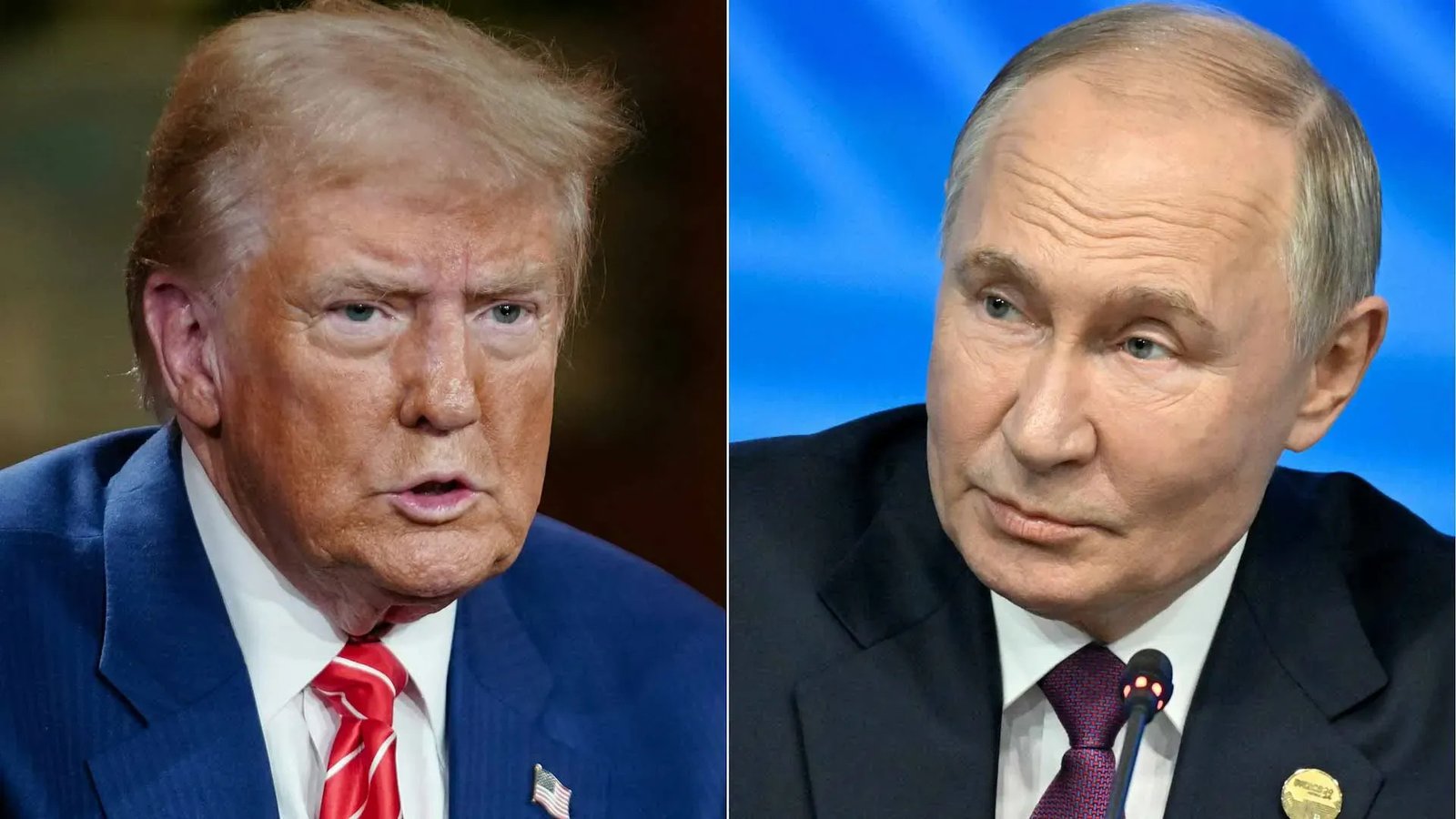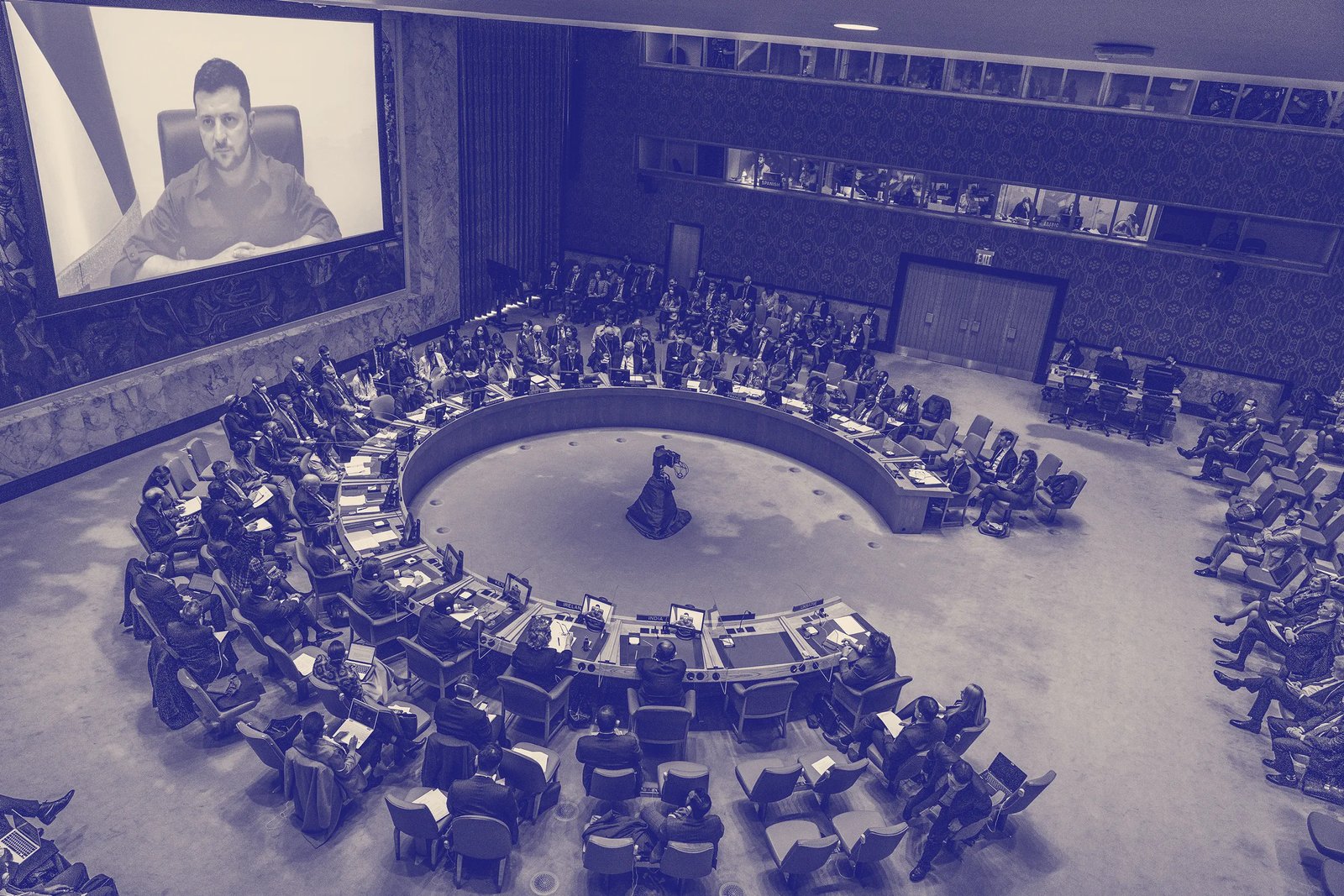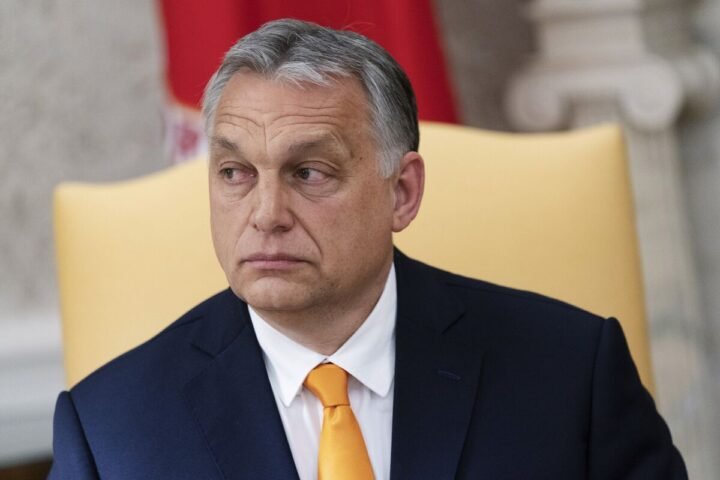Germany’s military counterintelligence agency (MAD) has recorded a sharp increase in espionage attempts and hybrid operations linked to Russia, according to its chief, Martina Rosenberg. Speaking on July 21, Rosenberg warned that Russian intelligence services have adopted a more aggressive and wide-ranging strategy that recalls Cold War–era confrontation, but now with a significantly expanded toolkit.
Espionage targets include military sites and German infrastructure
The growing threat includes espionage against military facilities and critical infrastructure, sabotage of supply lines, cyberattacks, disinformation campaigns, and drone incursions designed to evade electronic warfare systems. According to Deutsche Welle, the number of such hybrid incidents has nearly doubled in the past year, despite stepped-up efforts by German border control. Russian operatives reportedly enter Germany through third countries, and intelligence recruitment is actively targeting individuals with Russian roots, repatriated ethnic Germans, and those with strong ties to Russia.
German soldiers and dual nationals are also seen as vulnerable, especially when traveling to Russia or its allied states, where they may be pressured into collaboration.
Bundestag under constant cyberattack from pro-Russian actors
On July 20, Bundestag President Julia Klöckner disclosed that Germany’s lower house of parliament has been facing continuous cyberattacks from pro-Russian hackers, highlighting an urgent need to strengthen cyber defenses. In the past, Germany’s federal prosecutors had already accused Russian actors of hacking major political parties. These cyber intrusions are reportedly intensifying.
The Federal Ministry of the Interior has previously outlined a new level of threat posed by Russia’s hybrid tactics, including disinformation, migration manipulation, and interference in election campaigns. Berlin believes Moscow is deliberately facilitating refugee flows to Europe to fuel political instability.
German response includes ramped-up defenses and public awareness
In response, Germany is creating specialized units to counter disinformation, enhancing security protocols, and increasing scrutiny during elections. Intelligence officials anticipate further intensification of Russian efforts, particularly those aimed at disrupting Germany’s energy sector and fostering social unrest.
The hybrid war waged by Russia is viewed by Berlin not in isolation, but as a component of its broader aggression, including the full-scale invasion of Ukraine. German leaders argue that continued support for Kyiv is intrinsically tied to national and European security.
Amid rising threats, Germany has begun investing seriously in its defense sector, including advanced technologies like AI, drones, quantum systems, and cybersecurity. These measures reflect Berlin’s recognition that robust, future-oriented capabilities are necessary to meet modern geopolitical challenges.








